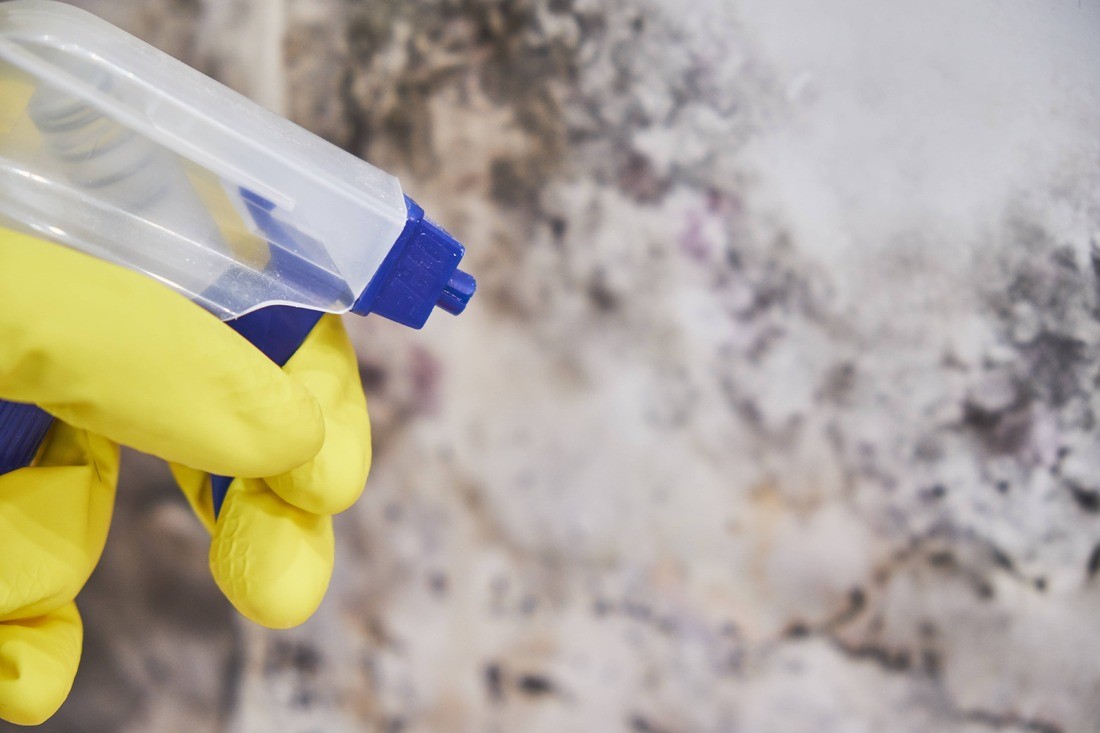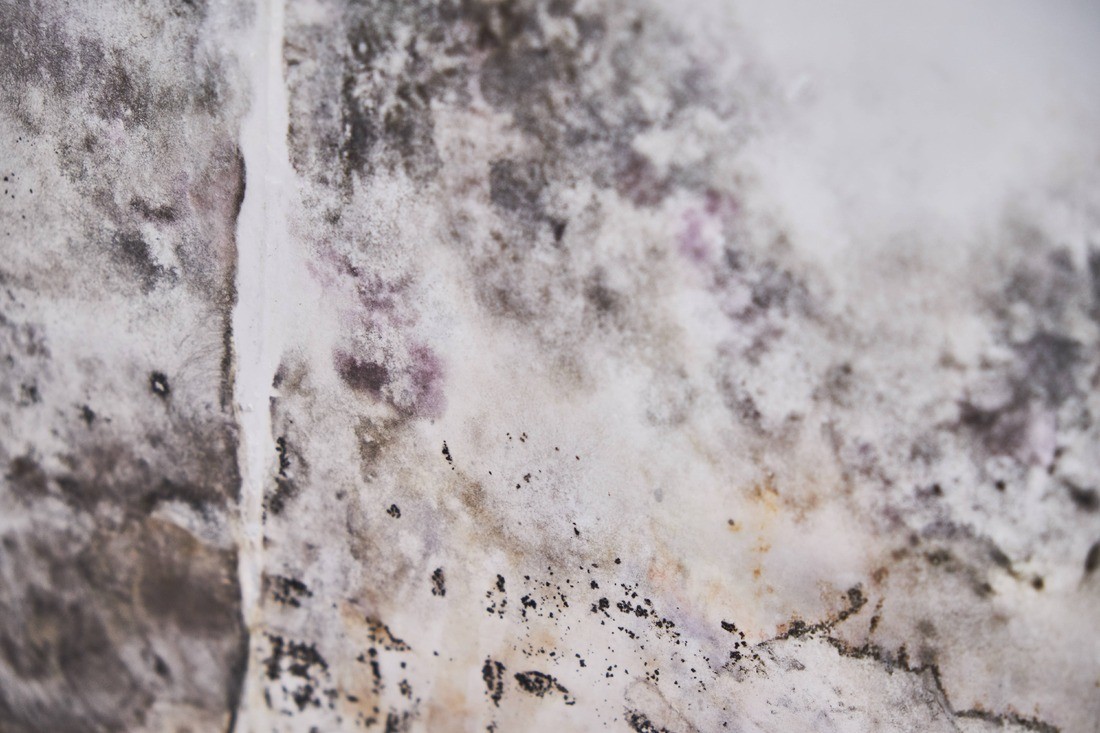
Introduction
Basement water damage is a serious issue that can cause significant damage to your home and property. It can lead to mold growth, structural damage, and the loss of personal belongings. Preventing basement water damage is essential to protect your investment and maintain a safe and healthy living environment.
Causes of Basement Water Damage
There are several common causes of basement water damage, including:
1. Poor Drainage
If your property does not have proper drainage systems in place, water can accumulate around your foundation and seep into your basement. This can be caused by clogged gutters, inadequate downspouts, or grading issues.

2. Heavy Rainfall
During periods of heavy rainfall, the ground can become saturated, leading to excess water runoff. If your home’s foundation is not properly sealed or waterproofed, this water can find its way into your basement.
3. Plumbing Issues
Leaking or burst pipes can result in water damage to your basement. It’s essential to regularly inspect and maintain your plumbing system to prevent any potential problems.
4. Foundation Cracks
Cracks in your foundation can provide a pathway for water to enter your basement. These cracks can develop over time due to shifts in the soil or settling of the foundation.
5. Poorly Sealed Windows and Doors
If your basement windows or doors are not properly sealed, water can seep through and cause damage. Ensure that all openings are adequately sealed to prevent water infiltration.
Preventing Basement Water Damage
Here are some effective strategies to prevent basement water damage:

1. Maintain Good Drainage
Ensure that your gutters and downspouts are clean and free from debris. Consider installing gutter guards to prevent clogs. Extend downspouts away from your foundation and ensure proper grading to prevent water from pooling near your home.
2. Waterproof Your Foundation
Have a professional waterproofing company assess your foundation and apply a waterproof sealant to prevent water penetration. This will help protect your basement from water damage.
3. Install a Sump Pump
A sump pump can help remove excess water from your basement. It’s essential to regularly test and maintain your sump pump to ensure it functions properly when needed.
4. Inspect and Maintain Plumbing
Regularly inspect your plumbing system for leaks, cracks, or other issues. Address any problems promptly to prevent water damage. Consider installing a water leak detection system for added protection.
5. Seal Windows and Doors
Inspect the seals around your basement windows and doors. Replace any damaged or worn-out weather stripping to ensure a tight seal. Consider installing window well covers to prevent water from entering.
6. Monitor Your Indoor Humidity
High humidity levels can contribute to basement water damage and mold growth. Use a dehumidifier to maintain optimal humidity levels and prevent excess moisture.
What to Do If Your Basement Floods
Despite precautionary measures, basement flooding can still occur. If your basement floods, it’s vital to take immediate action to minimize damage and protect your belongings:
1. Ensure Safety
Before entering a flooded basement, ensure that it is safe to do so. Turn off the power if necessary and avoid contact with standing water.
2. Remove Water
Use a submersible pump or wet/dry vacuum to remove standing water from your basement. If the flooding is severe or if you are unsure of how to safely remove the water, consider contacting a professional water restoration company.
3. Dry Out the Area
Use fans and dehumidifiers to dry out the affected area. Open windows and doors to promote air circulation. Discard any wet materials that cannot be salvaged.
4. Clean and Disinfect
Thoroughly clean and disinfect your basement to prevent mold growth and eliminate any potential health hazards. Use a mildew cleaner or a bleach solution to disinfect surfaces.
5. Contact a Water Damage Restoration Professional
If the basement flooding is extensive or if you are unable to effectively remove the water and dry out the area, it is recommended to contact a professional water damage restoration company. They have the expertise and specialized equipment to mitigate the damage and restore your basement to its pre-flood condition.
Conclusion
Preventing basement water damage is crucial to protect your home, belongings, and the health of your family. By implementing the strategies outlined above and taking prompt action in the event of a flood, you can minimize the risk of basement water damage and maintain a safe and dry living space.
Frequently Asked Questions
How much does basement flooding repair cost?
How can I prevent basement water damage during heavy rainfall?
What should I do if my basement floods?
Note: For professional basement water damage restoration services, contact Service Water Restoration Pros.



